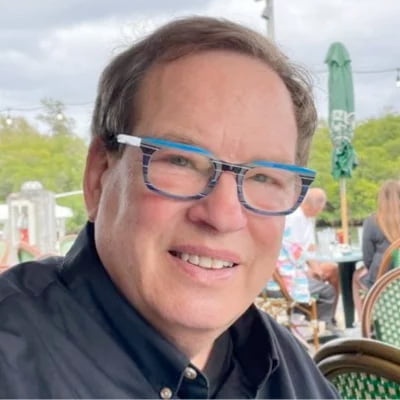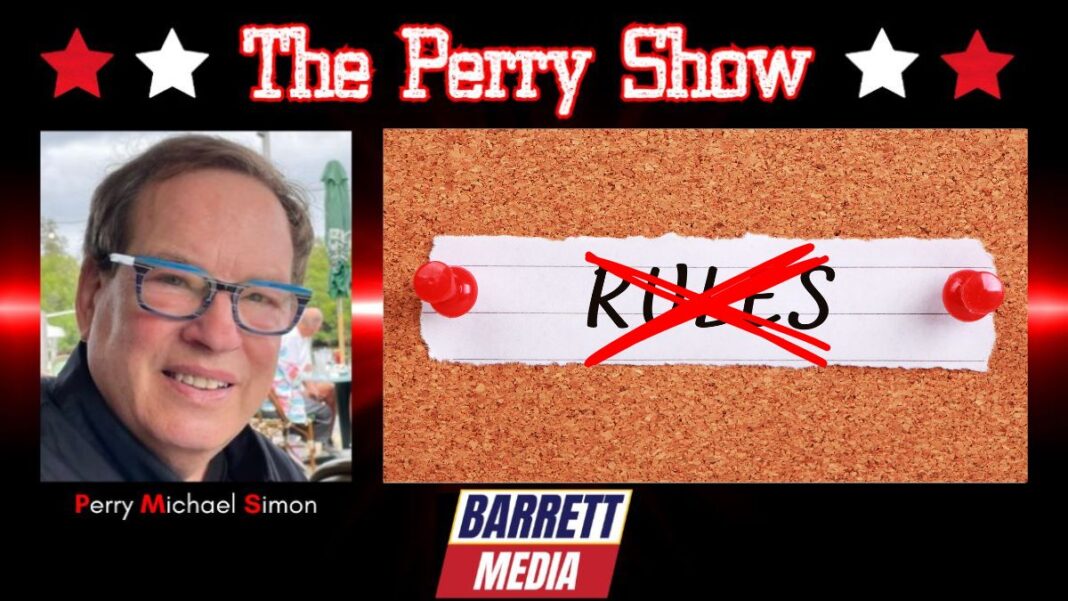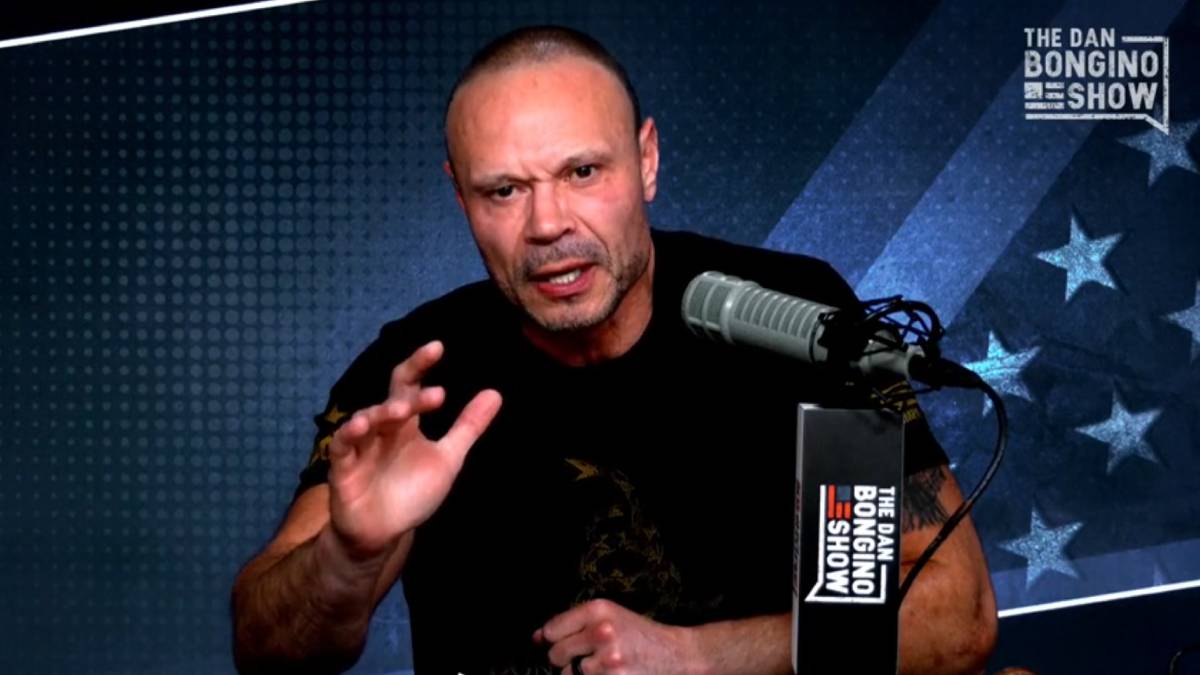The radio medium has been resistant to change for, oh, it seems like forever. The longer you worked in radio, the more you were told to do things the way they’ve always been done.
Coloring within the lines was how the business was done. Programmers and consultants had their rules for everything, because those rules worked in (insert name of smaller market here) and one time, someone tried something unusual and it was a massive failure. Besides, it’s less likely you’ll get fired if you do what you’re told. The caveat for that is if things don’t work, you, and not management, will be the first to be blamed and fired. So you follow the format, do what everyone else does, and pray that the Nielsen gods reward you. Maybe you’ll even get a bonus.
That’s one of the reasons radio is perceived as a struggling medium. It’s a business devoid of innovation and incapable of marketing what it already has. No offense to the hard-working people in South Florida radio, but on my car radio, there’s absolutely nothing new and exciting, and the only thing you’ll find among Miami and West Palm stations that’s remotely different is Magic 93.9’s hybrid of Spanish pop and Anglo AC, aimed at bilingual listeners, which I, sadly, am not. That station, by the way, has been a huge ratings hit with a format essentially unduplicated in the market, so take from that what you will.
Everything else? Same old. Anglo talk radio is the same as it is anywhere — all conservative, lots of syndication, very little local flavor. Music? Same formats, just more in Spanish for obvious reasons. Even the FM “guy talk” station — yes, we still have one! — sounds like 1995, with a little more sports betting talk thrown in.
The biggest changes since the early ’90s is that there are a lot more Contemporary Christian stations (all but one of the stations in the NCE band), the Haitian pirate stations are now licensed stations on AM with FM translators, and WIOD Miami is a standard conservative talk station rather than the comedy talk of the Neil Rogers/Phil Hendrie/Randi Rhodes/Rick and Suds days. Now, there was a station that did different things. Naturally, it could not survive as the radio industry became more restrained and focused on pleasing private equity investors.
Is there any hope, then, for radio? I’ll leave it to you to choose whether to be optimistic or severely depressed, but if there’s any chance to be the former, it’s time to throw out the rules. You know the rules. You’ve lived them. They’re your station’s strict formatics. They’re the topics you can’t address. The supposed need to break at the same time, just as your competitors also break at the same time. They’re stressing elements listeners already get from apps and other sources. They’re avoiding saying anything that might offend any individual anywhere, no matter how irrational that reaction might be.
And they’re… you surely have your own list, and it’s probably a lot like the rules anywhere else.
Throw ’em out. Throw ’em all out. The rules should be these: Don’t do anything to lose the license. Play all the commercials and the legal ID. And, most critically, do what you think is entertaining and engaging. Trust the talent. If you can’t trust the talent, why were they hired in the first place? And, come on, now, what do you have to lose? You’re in an industry in what seems like a perpetual tailspin.
Who knows? You might hit on something remarkable. You might accidentally develop a star, a personality that transcends the medium. (We haven’t developed a new one of those for a few years now.) Sure, really creative people have podcasts and video with which to play around, but radio is live and has music licenses and someone might be able to take advantage of it to create something special.
Podcasts have evolved from the days when every show was either about technology or involved Los Angeles-based comedians sitting around aimlessly talking to other Los Angeles-based comedians. Nobody handed down rules for podcasting, it just happened, and now there are podcasts about every topic, at any length. YouTube success used to involve someone whose face was close enough to the laptop camera to fill the screen talking about whatever, or giving makeup tips; now, YouTube videos are slicker than ever and many look as professional as you’d get from a broadcast or cable news program.
These media are developing without the kind of hard and fast rules radio has always insisted upon. It’s long past time for radio to try the same thing and see what happens.
Just don’t do it on AM.
Barrett Media produces daily content on the music, news, and sports media industries. To stay updated, sign up for our newsletters and get the latest information delivered straight to your inbox.

Perry Michael Simon is a weekly news media columnist for Barrett Media. He previously served as VP and Editor/News-Talk-Sports/Podcast for AllAccess.com. Prior to joining the industry trade publication, Perry spent years in radio working as a Program Director and Operations Manager for KLSX and KLYY in Los Angeles and New Jersey 101.5 in Trenton. He can be found on X (formerly Twitter) @PMSimon.









